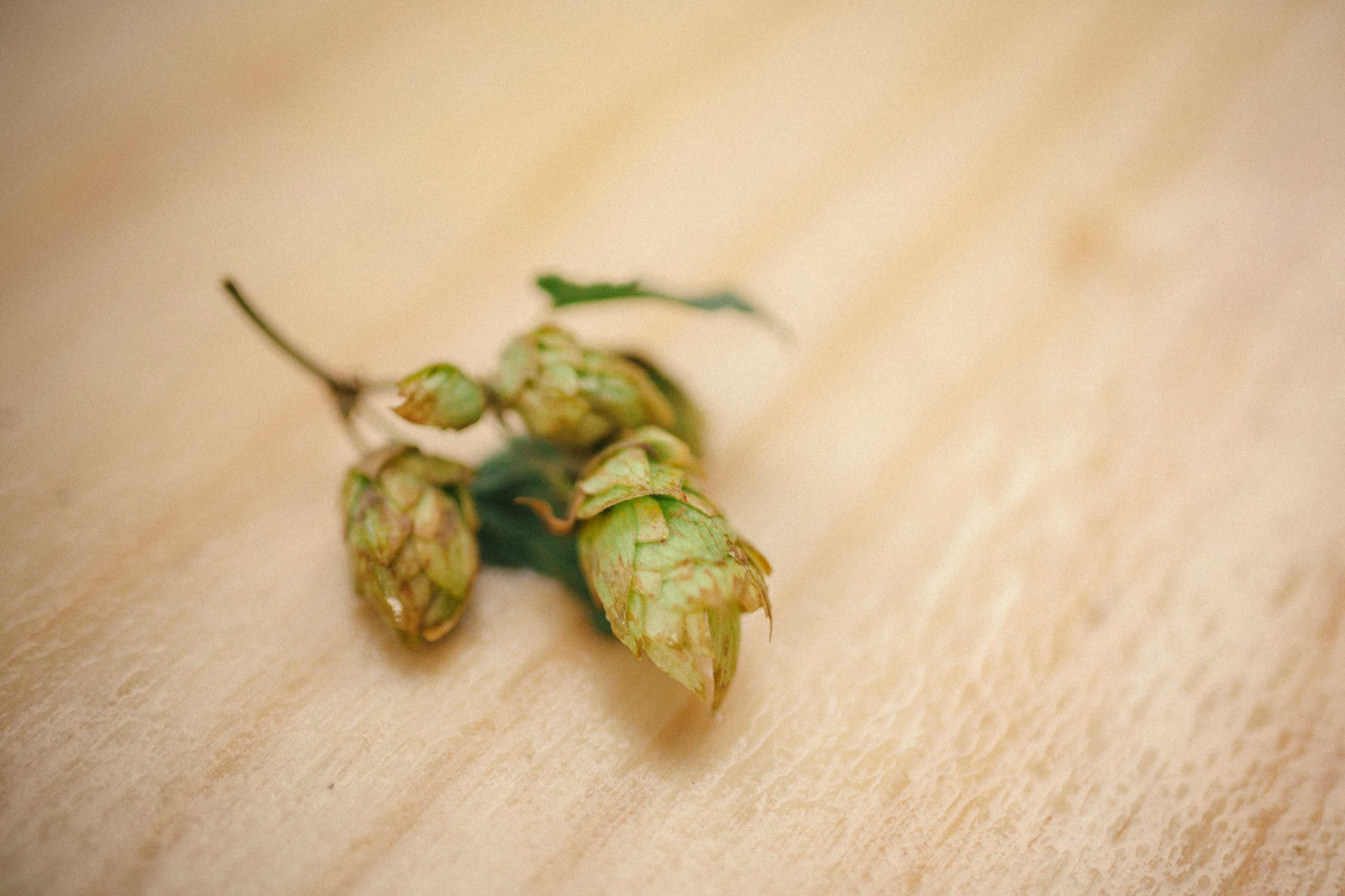Your cart is currently empty!

Steven Coulson
Steven has been drinking beers, wines and spirits for decades and has a propensity to go about them at length after a few drinks.
Latest Posts
- My wife found out our favorite Gin for martinis was discontinued. I think we are good for a while…

- Oregon Road Trip: Freeland Spirits Garden Botanicals Gin

- Botanist with Trader Joe’s Lemon and Elderflower Soda

- I’m one of the worlds leading buyers of craft gin in the world and a international spirit judge AMA

- I’m blown away…. By how let down I am by this Gin.

Categories
Tags
Social Links

The Surprising Psychoactive Properties of Hops: An Exploration of IPA Experiences
When it comes to beer, particularly IPAs, the conversation around hops often sparks lively discussion. Some enthusiasts swear by the unique experience that comes from consuming highly hopped beers, while others attribute their enjoyment to differing alcohol levels. After some personal experimentation, I’ve come to believe that hops might have psychoactive qualities under certain conditions.
In a previous post, I shared my fondness for IPAs with elevated International Bitterness Units (IBUs). While this sparked mixed reactions—some supporting my views and others suggesting that the higher alcohol content was the real culprit—I decided to delve deeper into the topic.
Interestingly, I experimented with different styles of IPAs. “Cold” IPAs, for instance, have lower hop content yet boast similar alcohol by volume (ABV) levels as traditional west coast varieties. In contrast, Imperial IPAs often come with high ABV but minimal hops. Surprisingly, neither of these options provided me with the same satisfaction as a classic west coast IPA with moderate ABV, which I find to be a true winner.
What stands out most to me is the distinct sensation I experience from hoppy beers, which feels markedly different from the typical buzz associated with alcohol. The effect is more cerebral and energizing, leaving me to ponder whether the psychoactive qualities of hops could be a genuine phenomenon.
One theory I’m considering is that the fermentation process enhances the bioavailability of certain compounds in hops, potentially allowing them to cross the blood-brain barrier—possibly aided by the presence of alcohol. This suggests a fascinating synergy between hops and alcohol that might contribute to the overall experience.
It’s essential to clarify that this isn’t merely a case of hops sensitivity for me; I don’t experience any of the negative effects commonly associated with it, such as hives or itching. Instead, the result is a delightful sense of euphoria.
This raises an intriguing question: why have hops become such a staple in brewing? Historically, beer recipes did not always incorporate hops. Yet, once this unique ingredient was discovered, it quickly became the norm—a testament to its distinctive qualities. There must be a compelling reason for this enduring love affair with hops in the world of brewing.
As the world of craft beer continues to evolve, it’s exciting to explore the complexities of ingredients like hops. Perhaps they have more to offer than just flavor and aroma—perhaps they hold the key to a broader understanding of our beer-drinking
